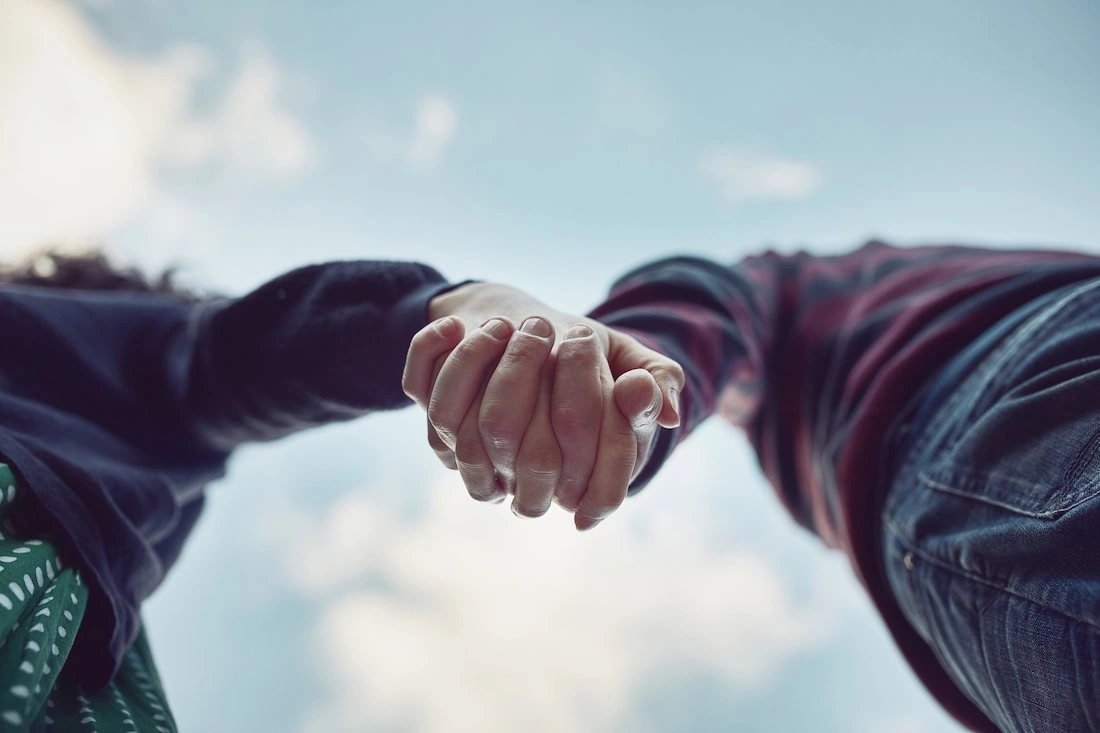It is commonly known that addiction and depression are often concurrent disorders. Many people ask the question, does addiction cause depression?
The answer is not always clear-cut. However, some general points can be made about the relationship between depression and drug addiction.
This blog post will explore some commonly found addiction and depression facts and discuss how they can be treated effectively.
What are the Causes of Drug Addiction?
There is no single cause of drug addiction. Instead, it is a complex condition that various factors can cause.
These include genetic predisposition, environmental factors, and psychological factors.
Addiction is often thought of as a coping mechanism. People may turn to drugs or alcohol as a way to deal with difficult life circumstances.
For example, someone who has been exposed to trauma may turn to substances as a way to numb the pain.
In other cases, someone may start using substances recreationally and eventually develop an addiction.
Symptoms of Addiction
Depending on the person and substance they are addicted to, the symptoms of drug addiction can vary.
However, some common signs may indicate that someone is struggling with an addiction. These include:
- compulsively using a substance despite negative consequences
- continuing to use a substance even when it is no longer pleasurable
- needing to use more and more of a drug to achieve the desired effect
- feeling unable to control one’s use of a substance
- feeling intense cravings for a specific substance
What Are the Causes of Depression?
Like addiction, there is no single cause of depression. Depression can be caused by a combination of genetic, psychological, and environmental factors.
Often, depression is thought of as a chemical imbalance in the brain. This means that the level of certain brain chemicals, such as serotonin, may be lower than usual.
As a result, this can lead to feelings of sadness, low energy, and difficulty concentrating.
Symptoms of Depression
The symptoms of depression can also vary depending on the individual. However, common signs of depression include:
- extreme feelings of sadness or emptiness
- difficulty sleeping or oversleeping
- fatigue
- loss of interest in activities that were once enjoyable
- changes in appetite
- feelings of worthlessness or guilt
- difficulty concentrating
Does Drug Addiction Cause Depression?
Research has found a strong relationship between clinical depression and drug addiction.
People who suffer from addiction are more likely to also suffer from depression. Similarly, people who suffer from depression are more likely to develop a drug addiction.
This relationship is often described as a cycle. For example, someone may turn to substances as a way to cope with their depression.
As a result, this can lead to addiction and make depression worse. Conversely, with depression due to drug abuse, the depressed person turns to substances even more to escape the negative feelings.
In this way, the two conditions feed off each other and can become difficult to break free from.
Are There Treatments for Depression and Drug Addiction?
Fortunately, addiction and depression are both treatable conditions. There are a variety of effective treatment options available for both conditions.
Treatment for addiction and depression often requires a combination of these approaches.
It’s essential to find a treatment plan that is right for you. With treatment, it is possible to overcome drug addiction and depression and live a healthy, happy life.
Detoxification
Typically, the first step in addiction treatment is detoxification, when the person stops using the substance they are addicted to.
However, detox can be a difficult and sometimes dangerous process, so seeking professional help is vital.
See: What is an Outpatient Detox Program
Counseling
Counseling can be an effective treatment for both addiction and depression. It can help people understand their condition and develop healthy coping mechanisms.
Support groups
Support groups can provide people with valuable social support and information about addiction and recovery.
Alcoholics Anonymous and Narcotics Anonymous are two well-known examples.
Cognitive Behavioral Therapy
Cognitive behavioral therapy can help people change negative thinking patterns and develop healthy coping mechanisms.
Inpatient Treatment
Generally, inpatient treatment is reserved for people with severe drug addiction or mental health problems.
It can provide a safe, structured environment in which to recover.
Outpatient treatment
As an alternative to inpatient treatment, outpatient treatment allows people to continue to live at home while receiving treatment for addiction or depression.
Usually, this is a good option for people with less severe symptoms.
See: Choosing the Right Recovery Center
Medication
Medication can be an effective treatment for both addiction and depression.
Antidepressants can help treat depression, while medications like methadone can help treat addiction.
See: Get Help with Addiction: Medication Assisted Treatment Near Me
Finding Depression and Addiction Treatment in Atlanta
While asking does addiction cause depression may not have a clear answer, it is fair to say that these ailments often appear in tandem.
Therefore, if you or someone you know is struggling with addiction or depression, it’s essential to seek professional help.
Depression and drug addiction are severe conditions that can profoundly impact your life.
But with treatment, it is possible to overcome these challenges and live a happy, healthy life. Please contact Atlanta Recovery Place for help.
With 13 years of experience in evidence-based treatment of addiction and behavioral issues, their team of experts can provide the treatment you need to break the cycle of drug addiction and depression and reclaim your life!








